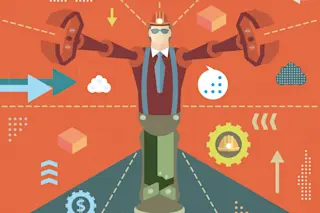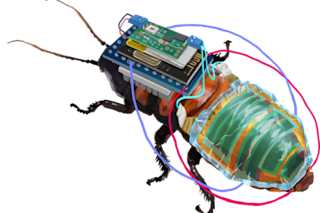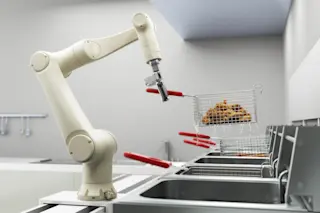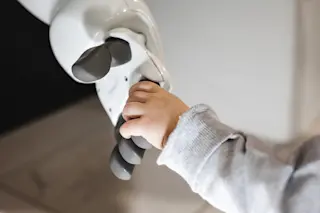Credit: F. A. Alba | Shutterstock Many of the world's business leaders seem fairly dazzled by the latest advances in artificial intelligence and robotics that promise to help reshape the world. A majority of CEOs surveyed in a global study said that technology would be their company's greatest competitive advantage in the future and would create greater value than people will. But their confidence in technology may blind them to the fact that their human workers remain the likeliest source of innovation and value in the future. The global study by Korn Ferry, a management consultant firm based in Los Angeles, included interviews with 800 business leaders at the head of multi-million and multi-billion dollar global organizations. About 44 percent of those CEOs went so far as to agree that robotics, automation and artificial intelligence would make people "largely irrelevant" in the future of work. That is a terrifying prospect ...
Blinded by Technology, CEOs Overlook Human Talent
Explore the human workforce value as CEOs shift focus to technology, risking innovation and potential competitive advantage.
More on Discover
Stay Curious
SubscribeTo The Magazine
Save up to 40% off the cover price when you subscribe to Discover magazine.
Subscribe













